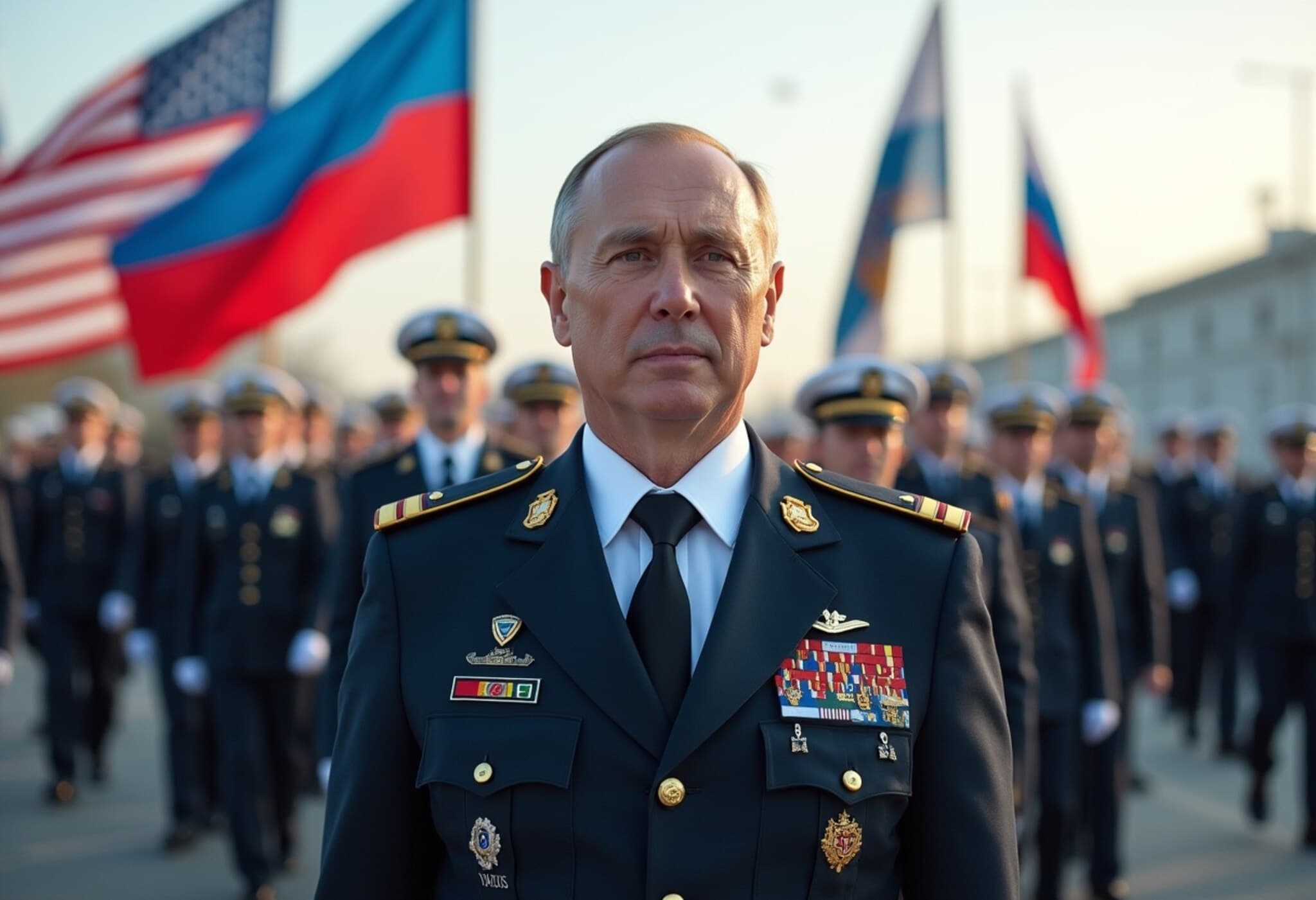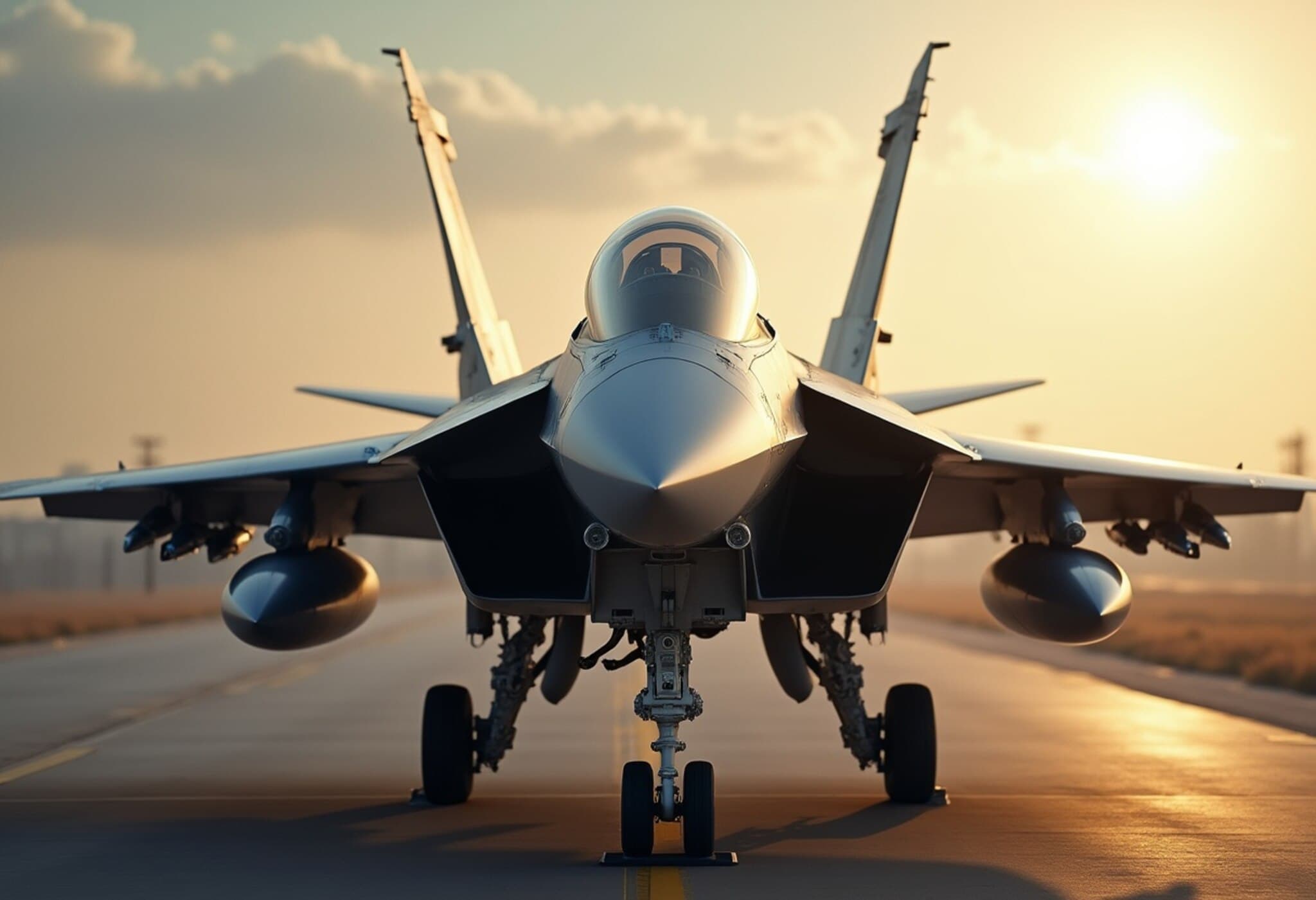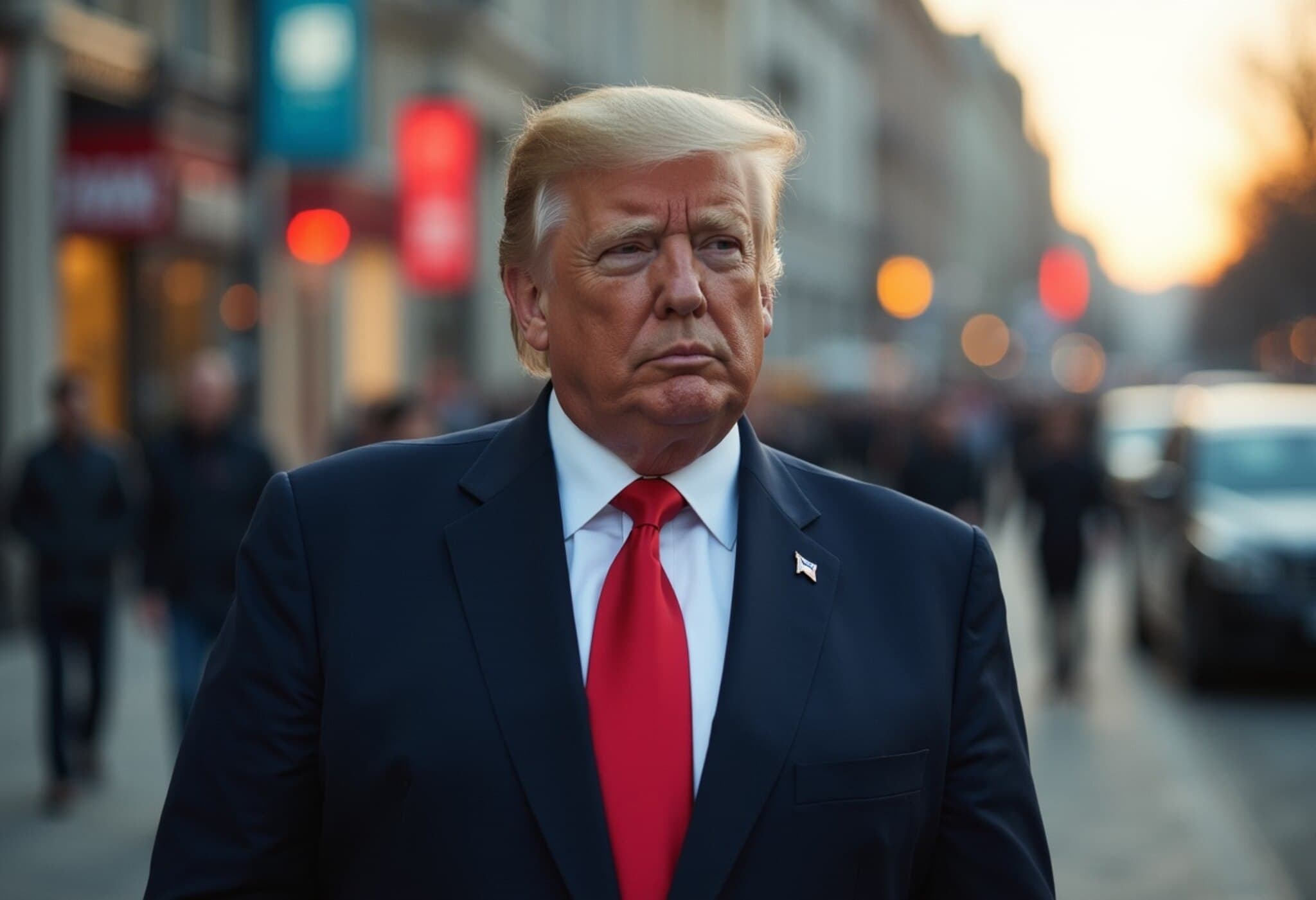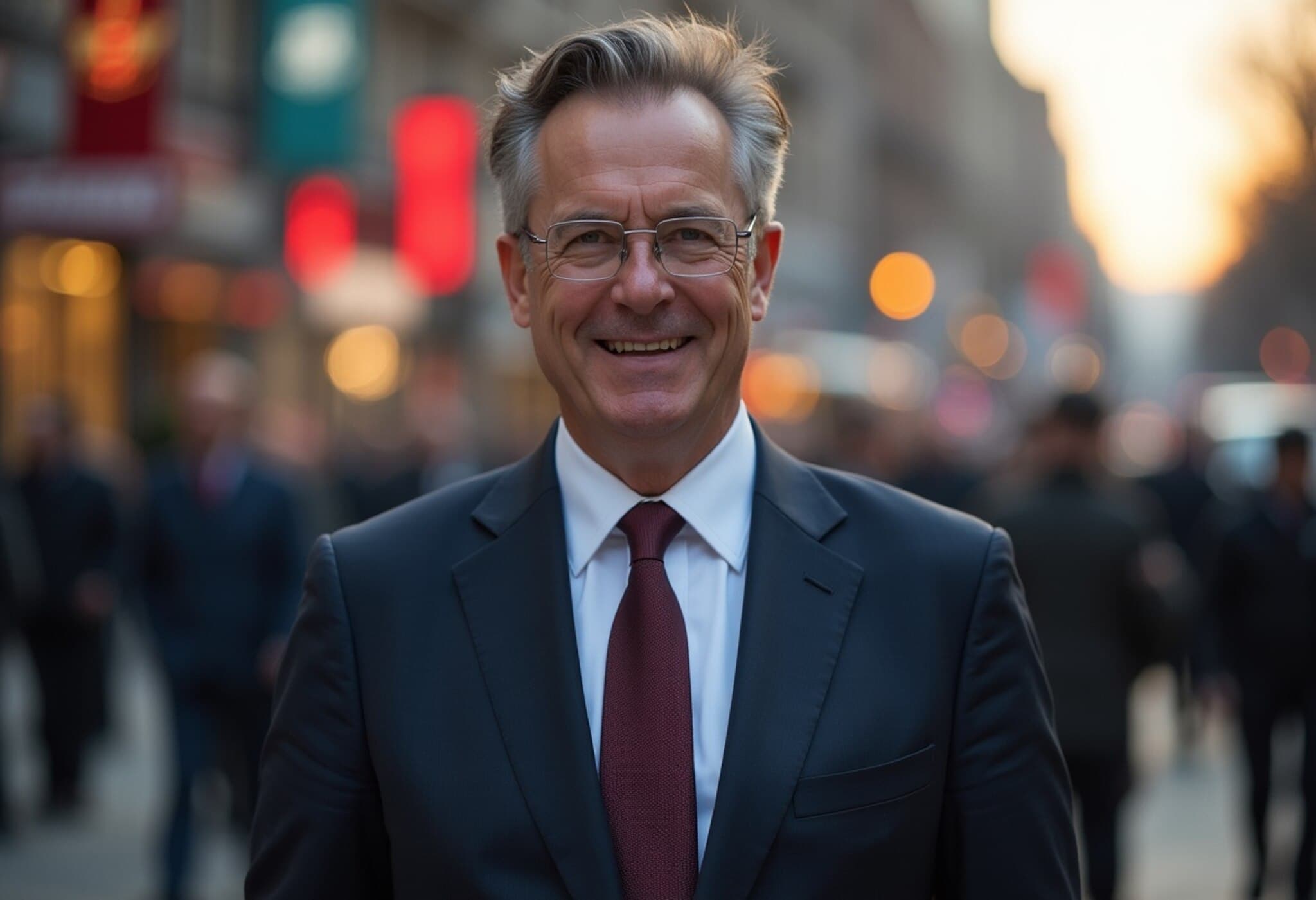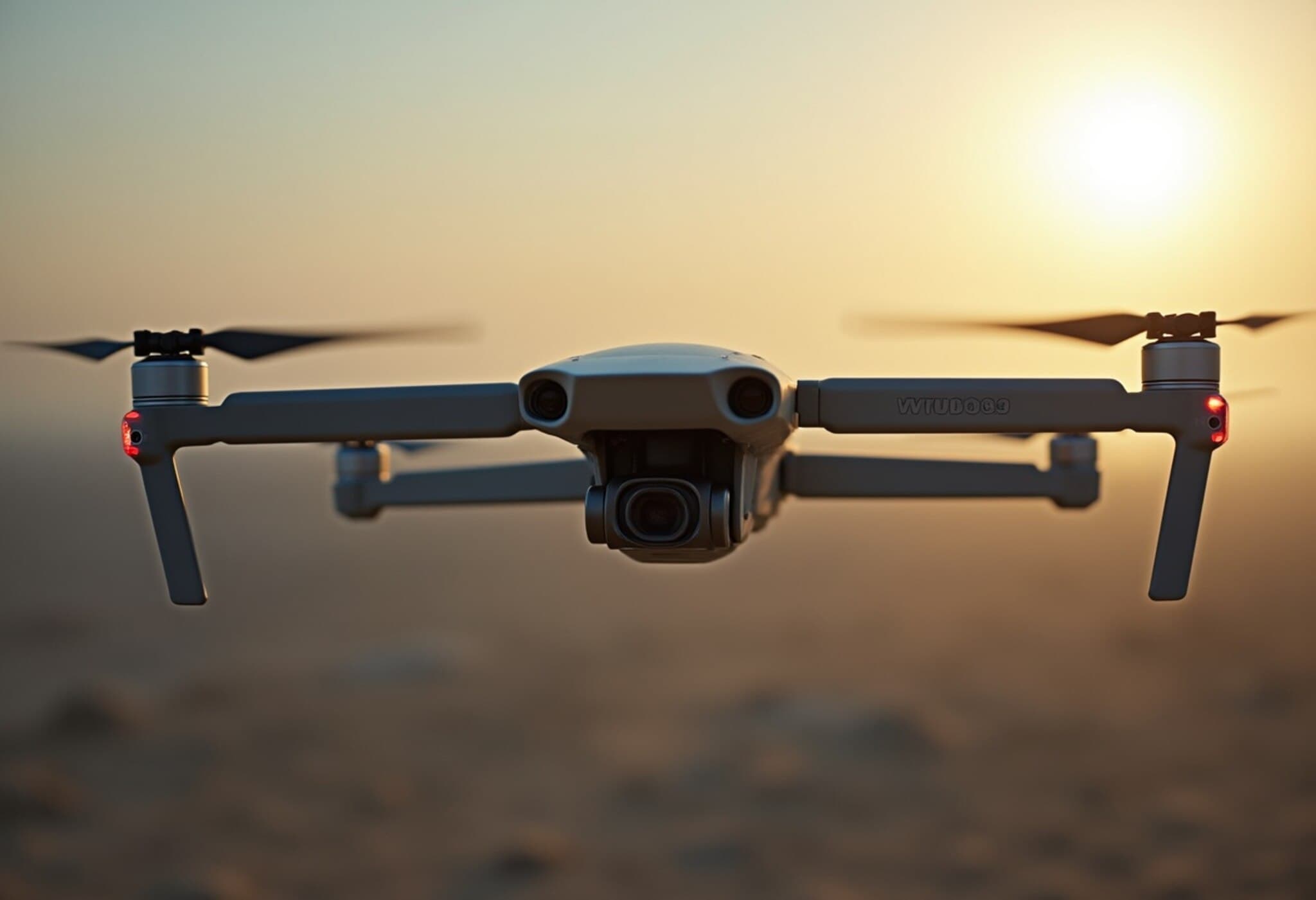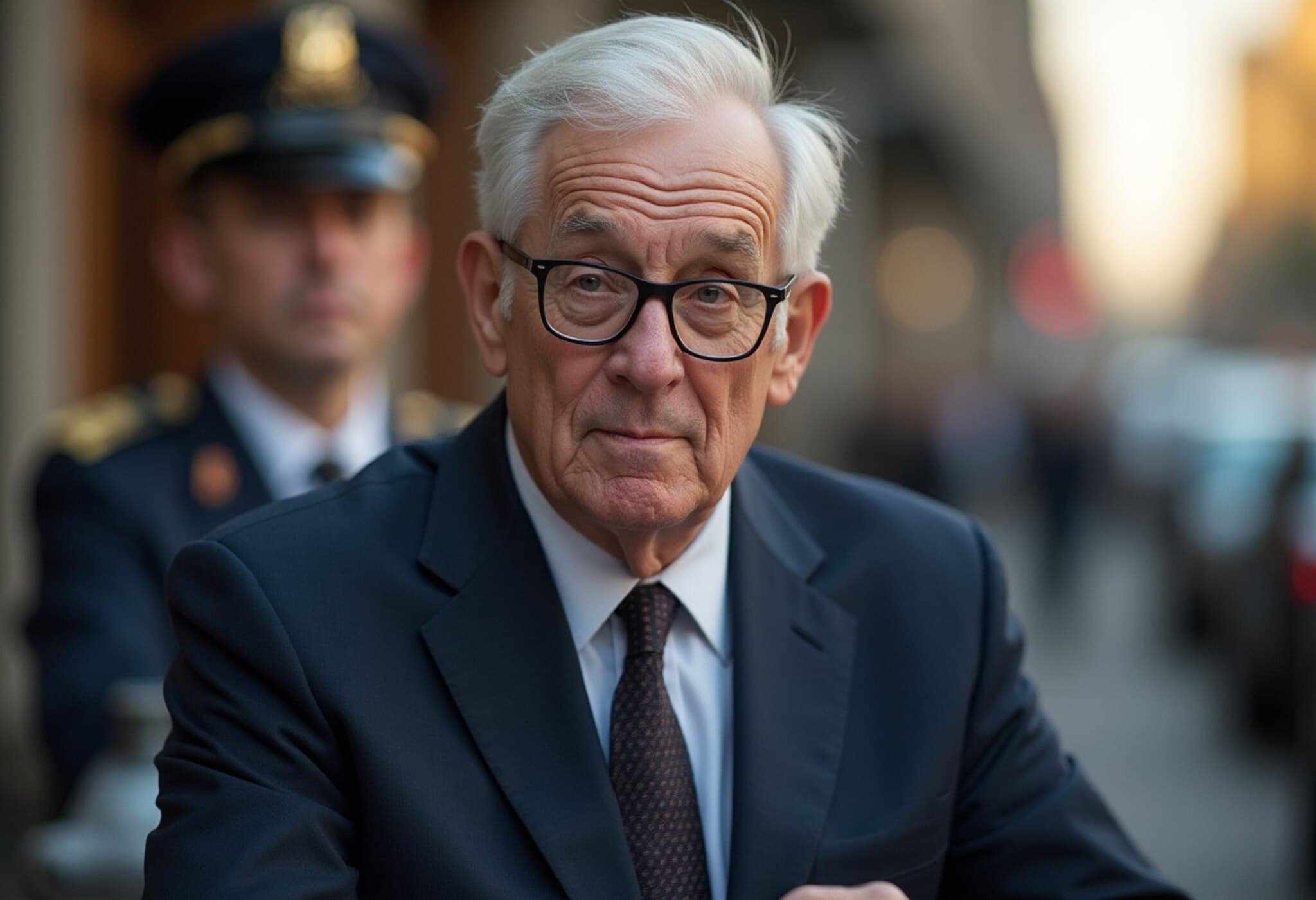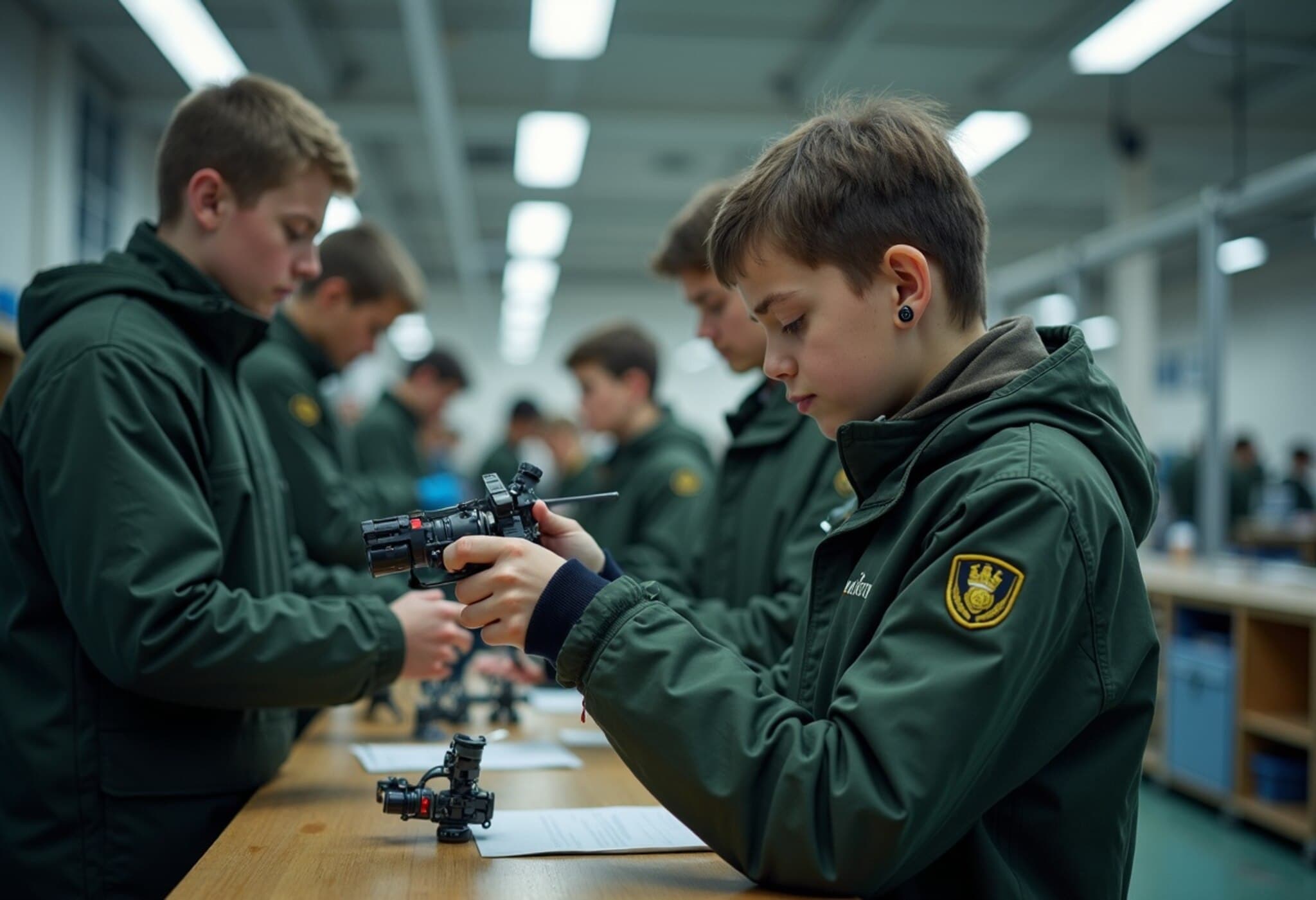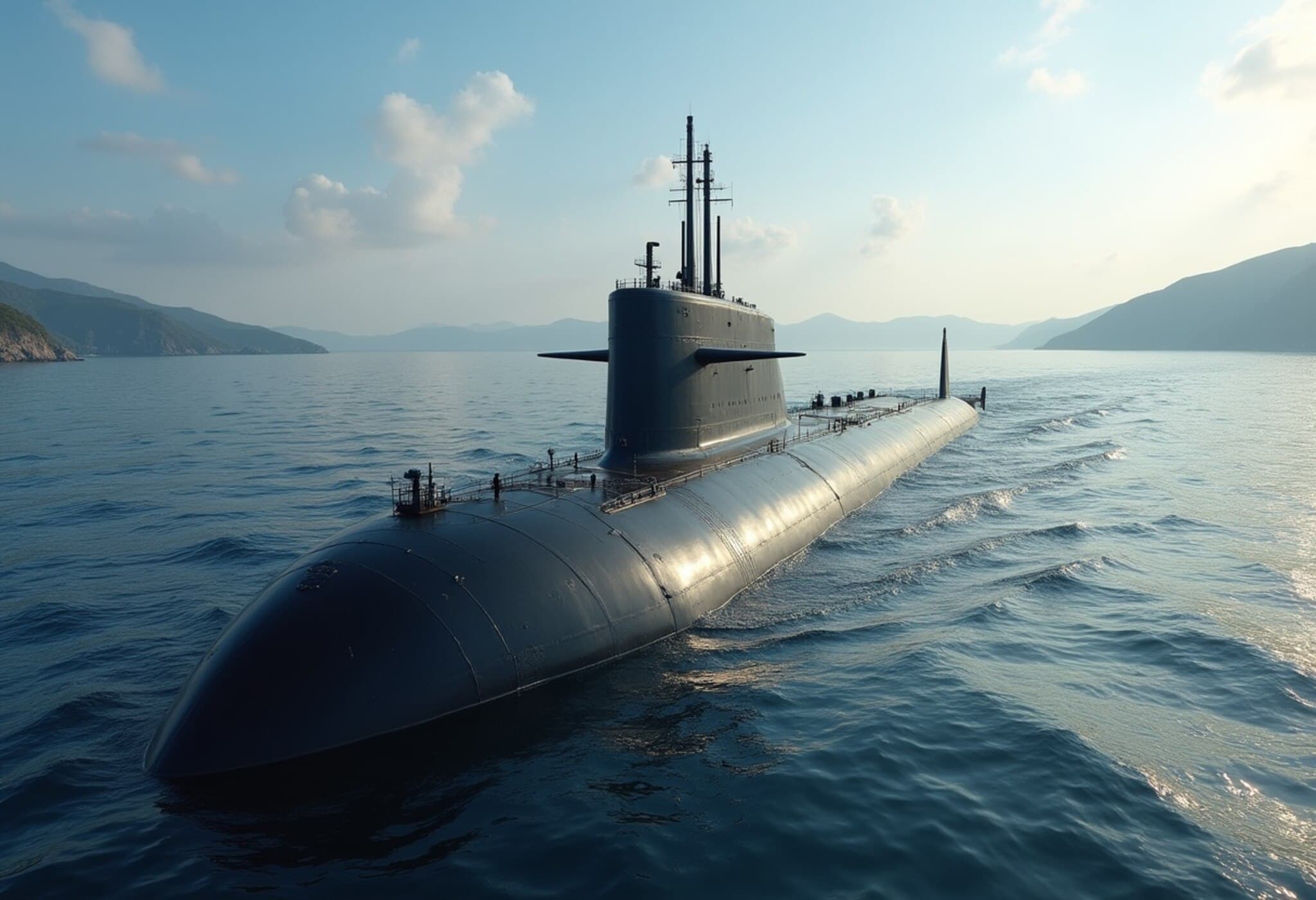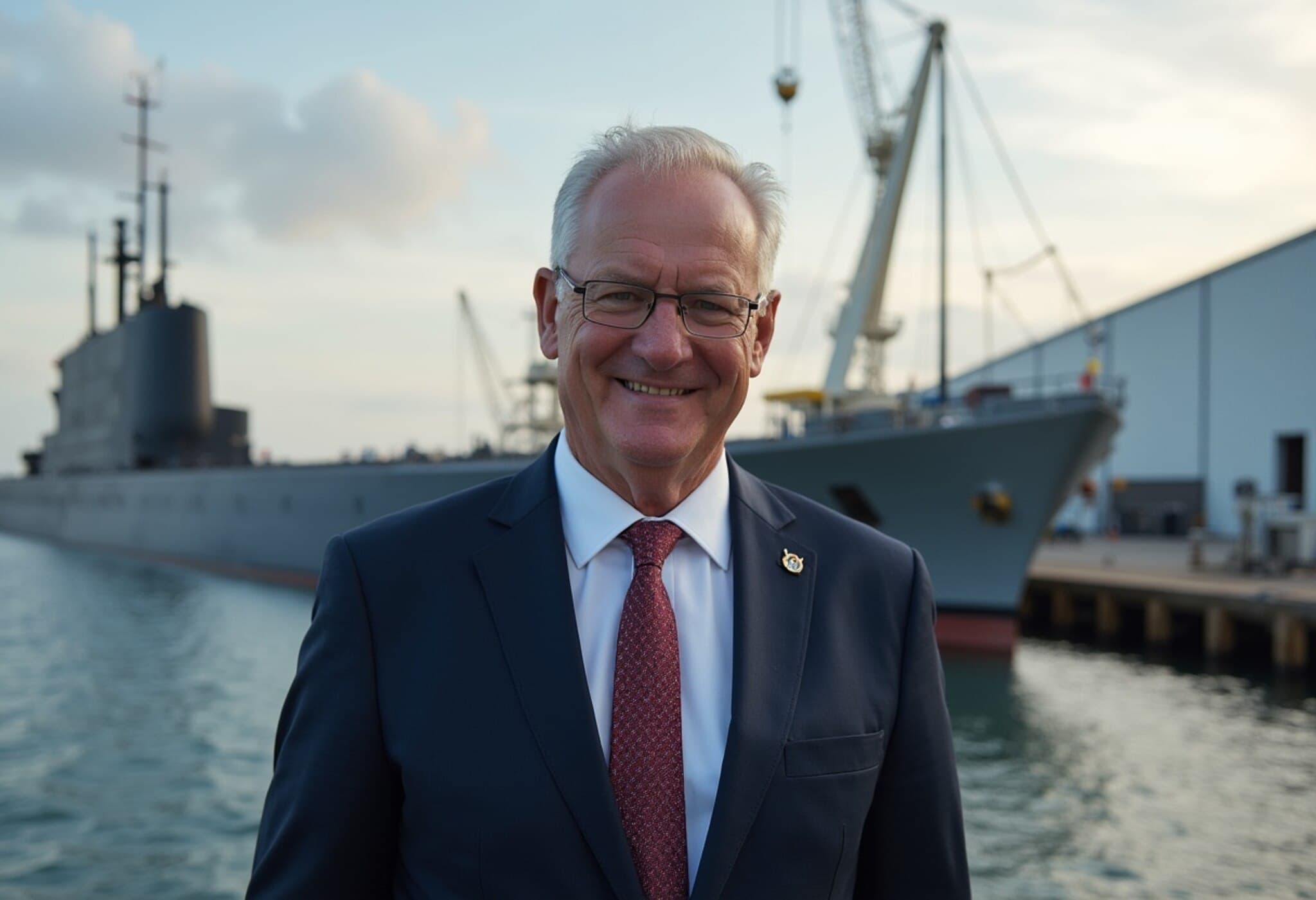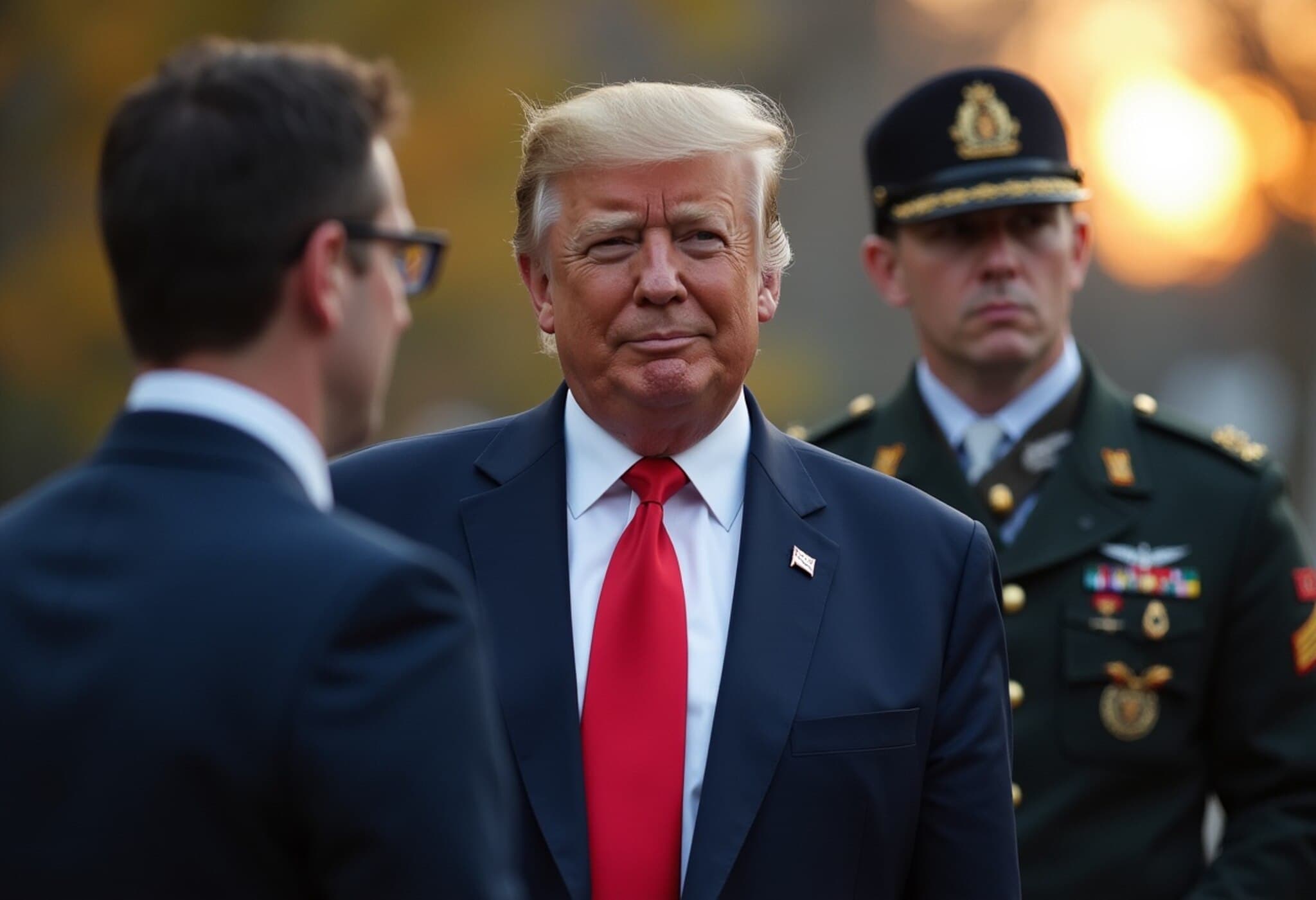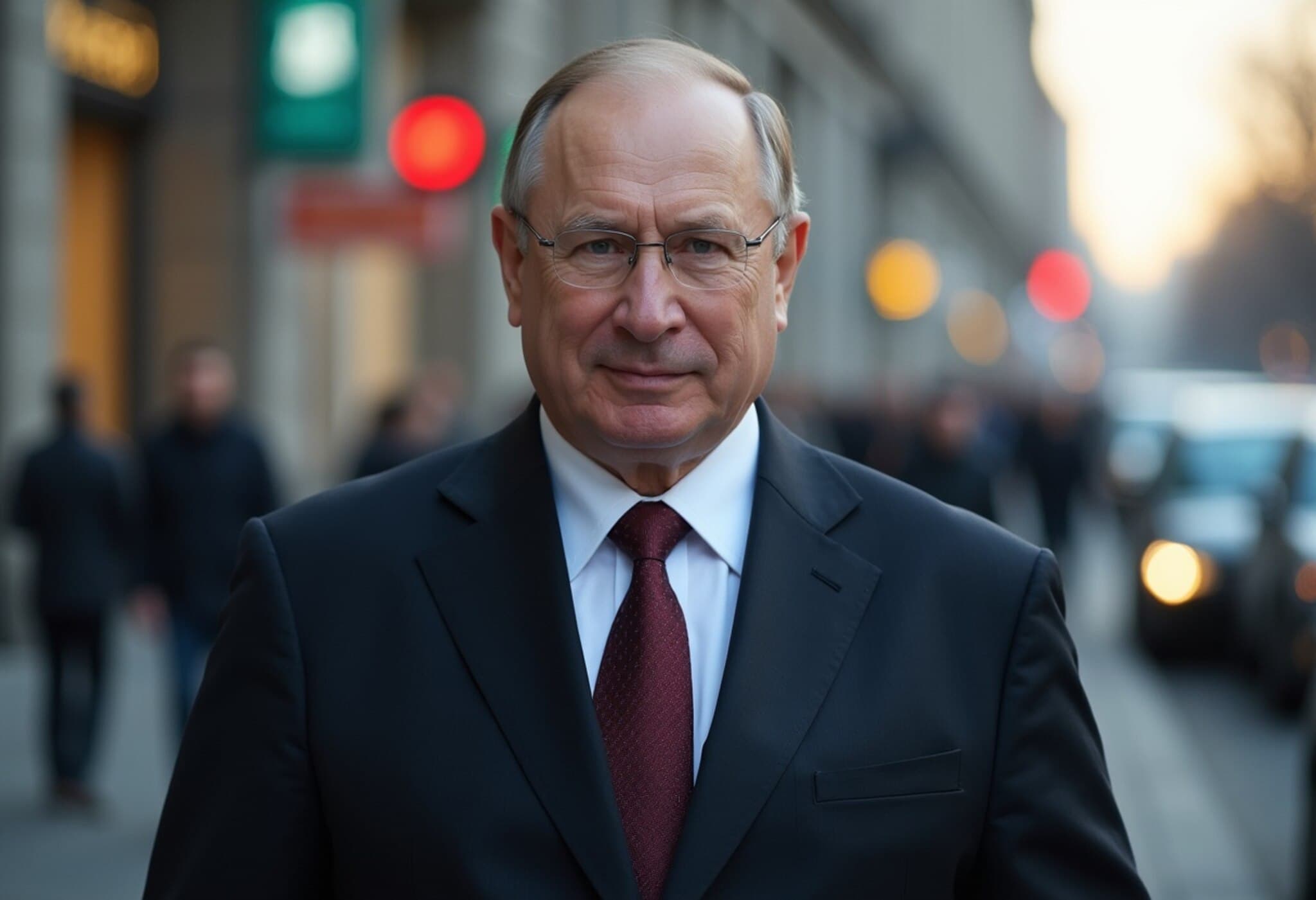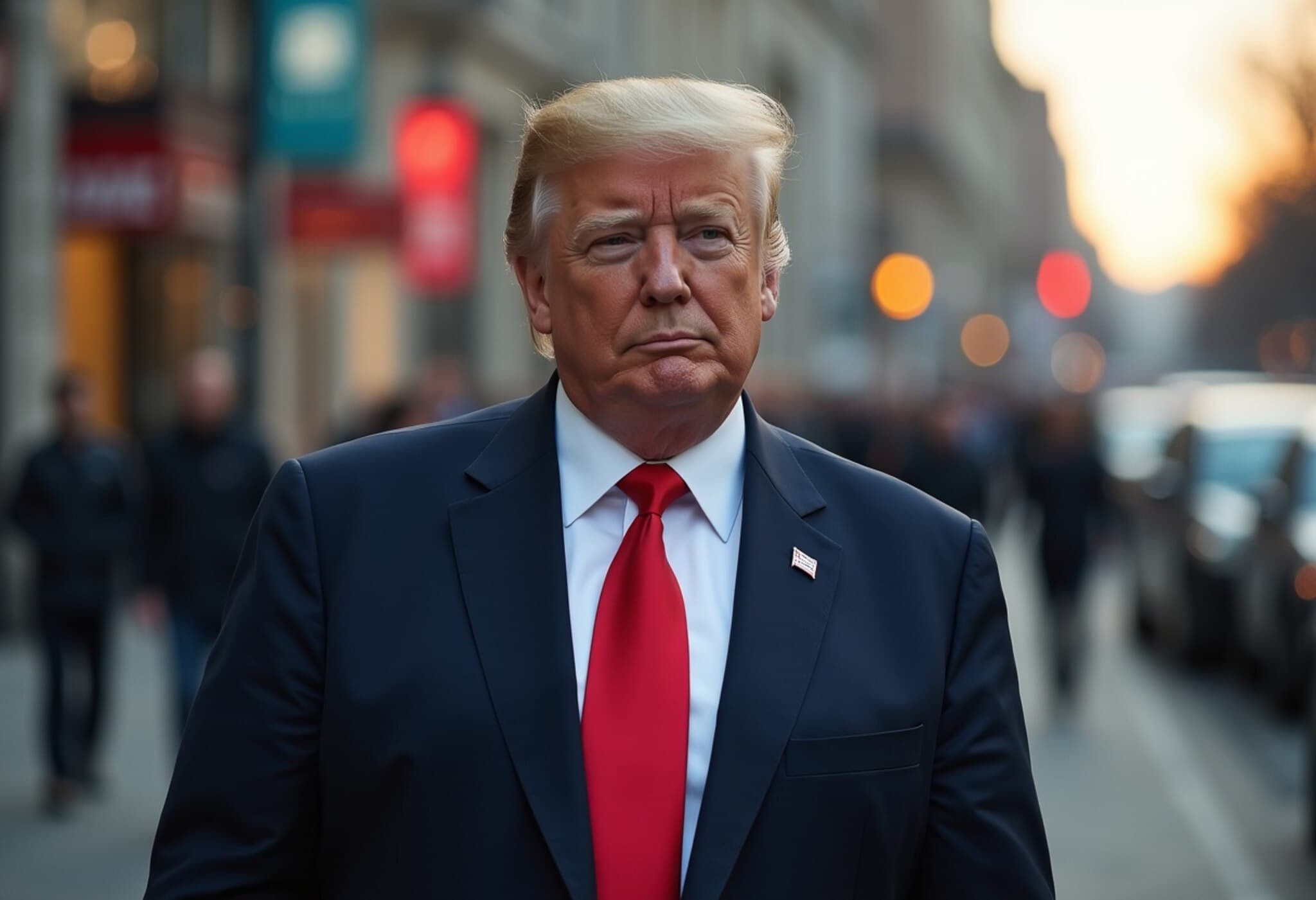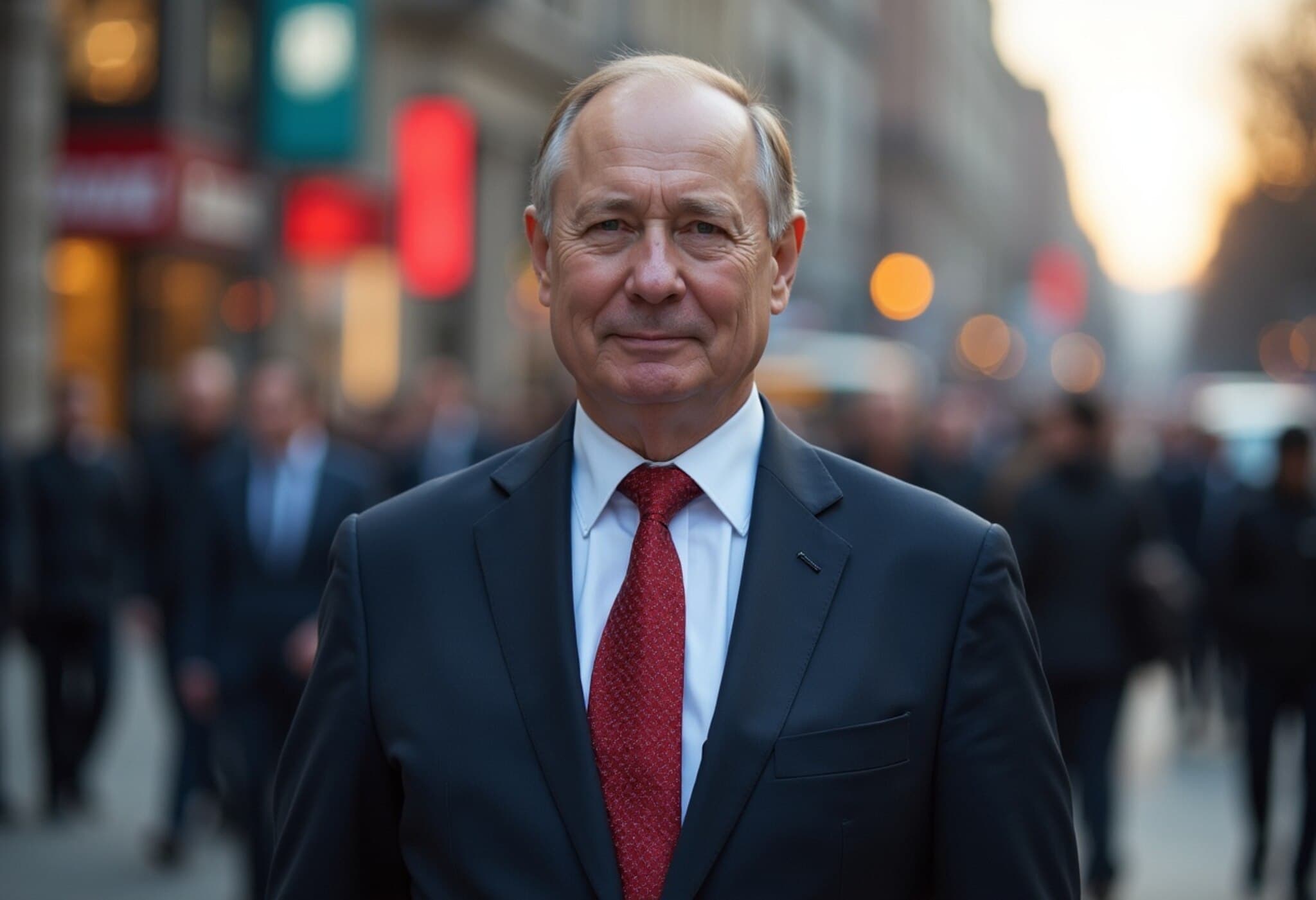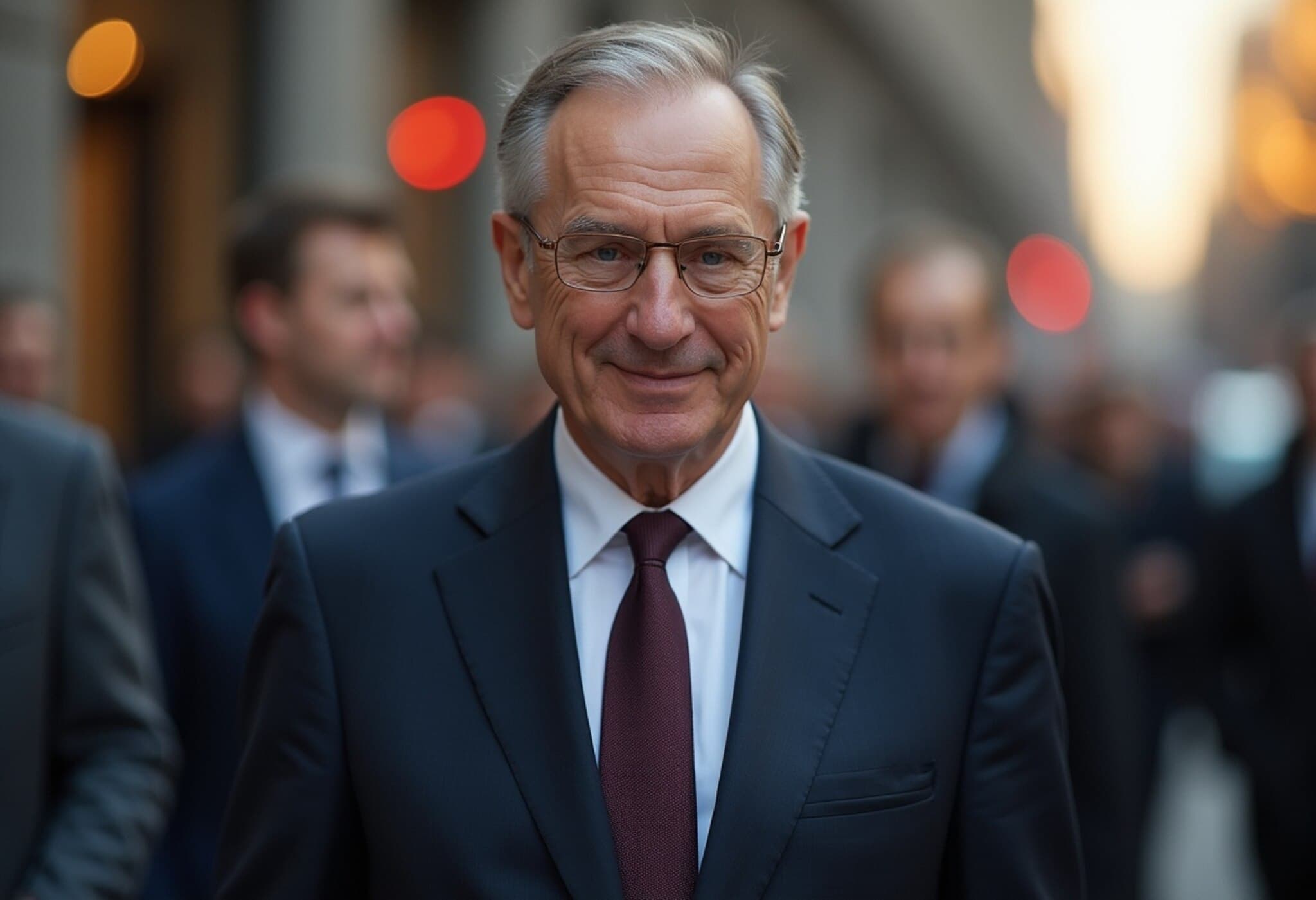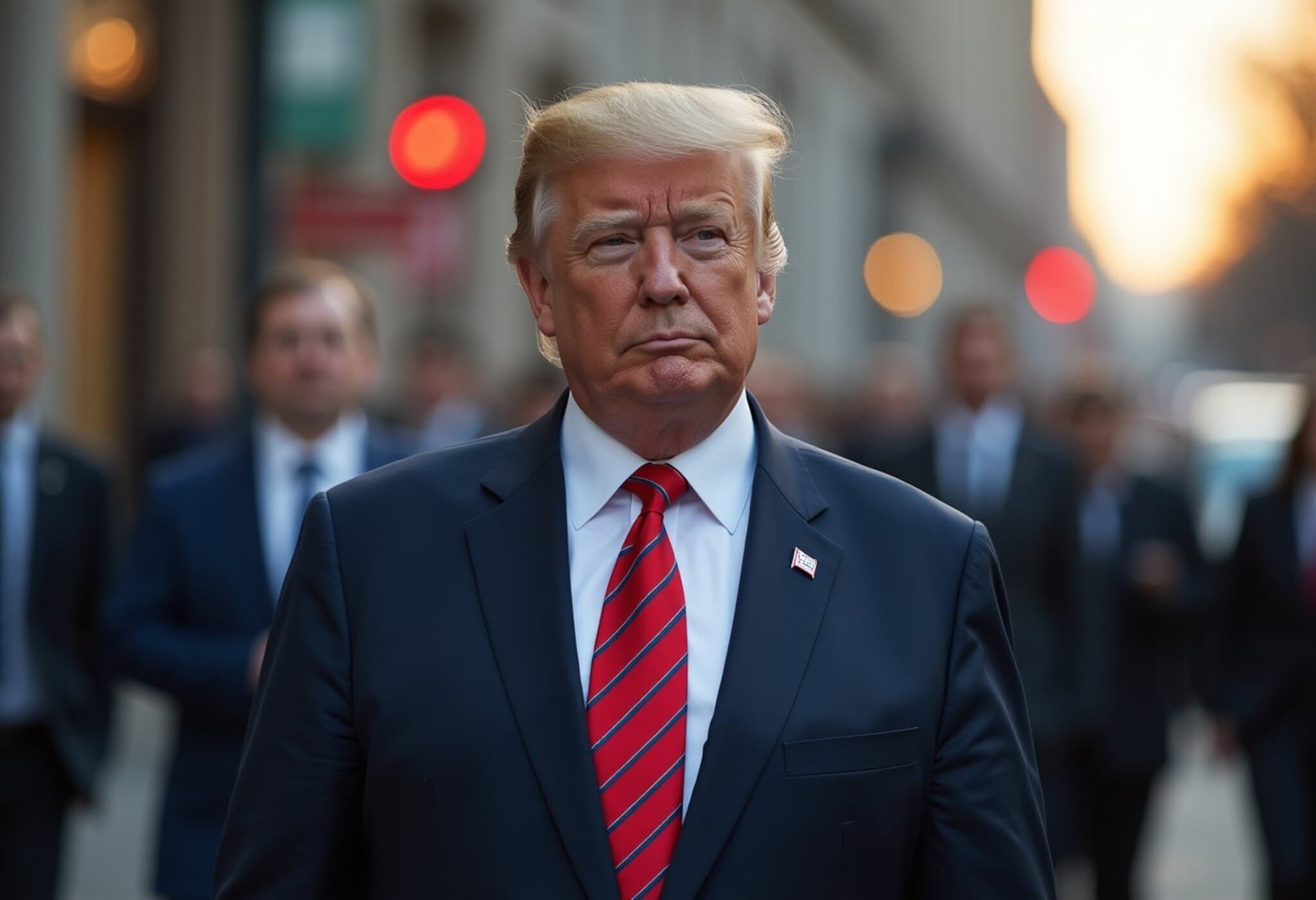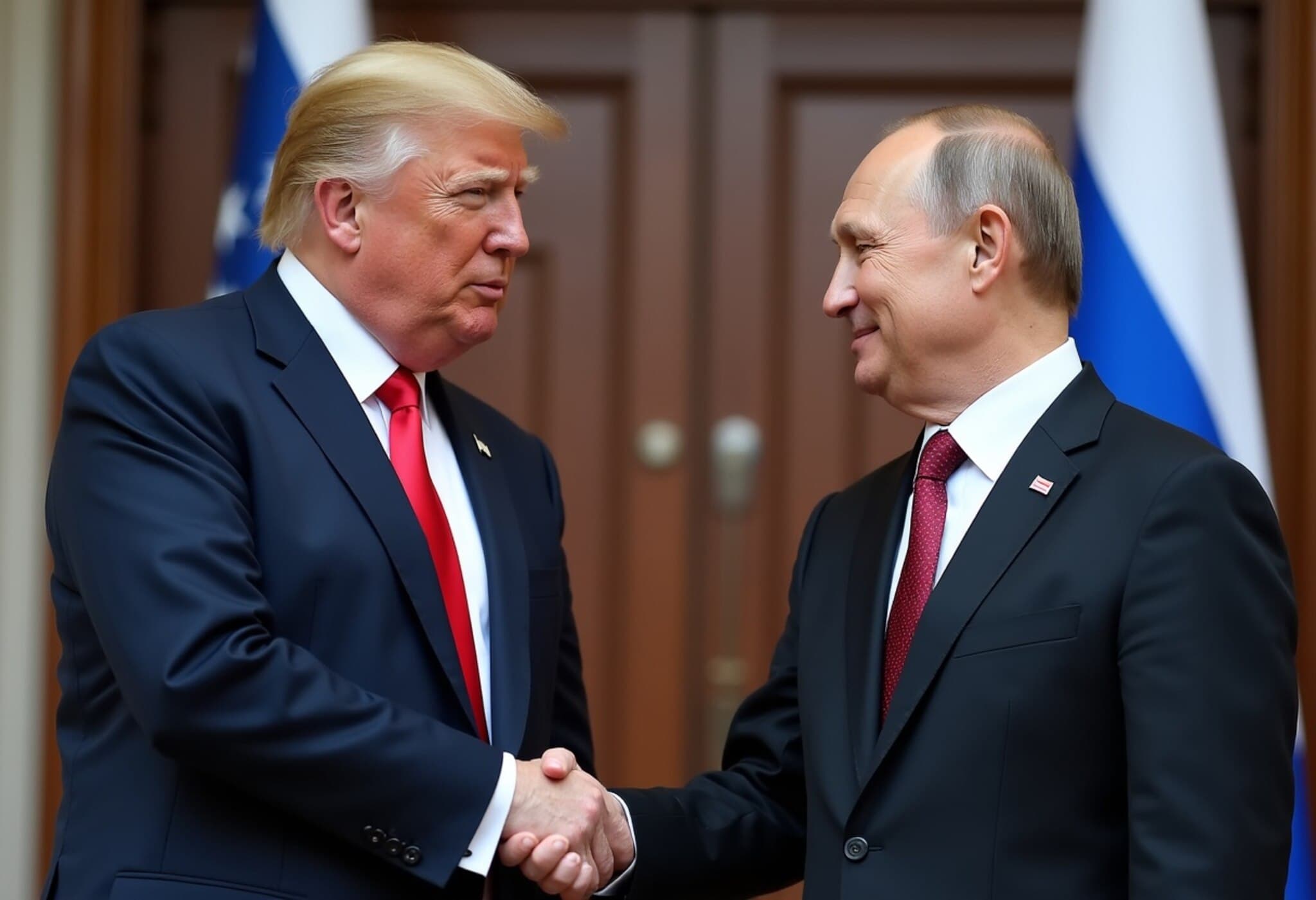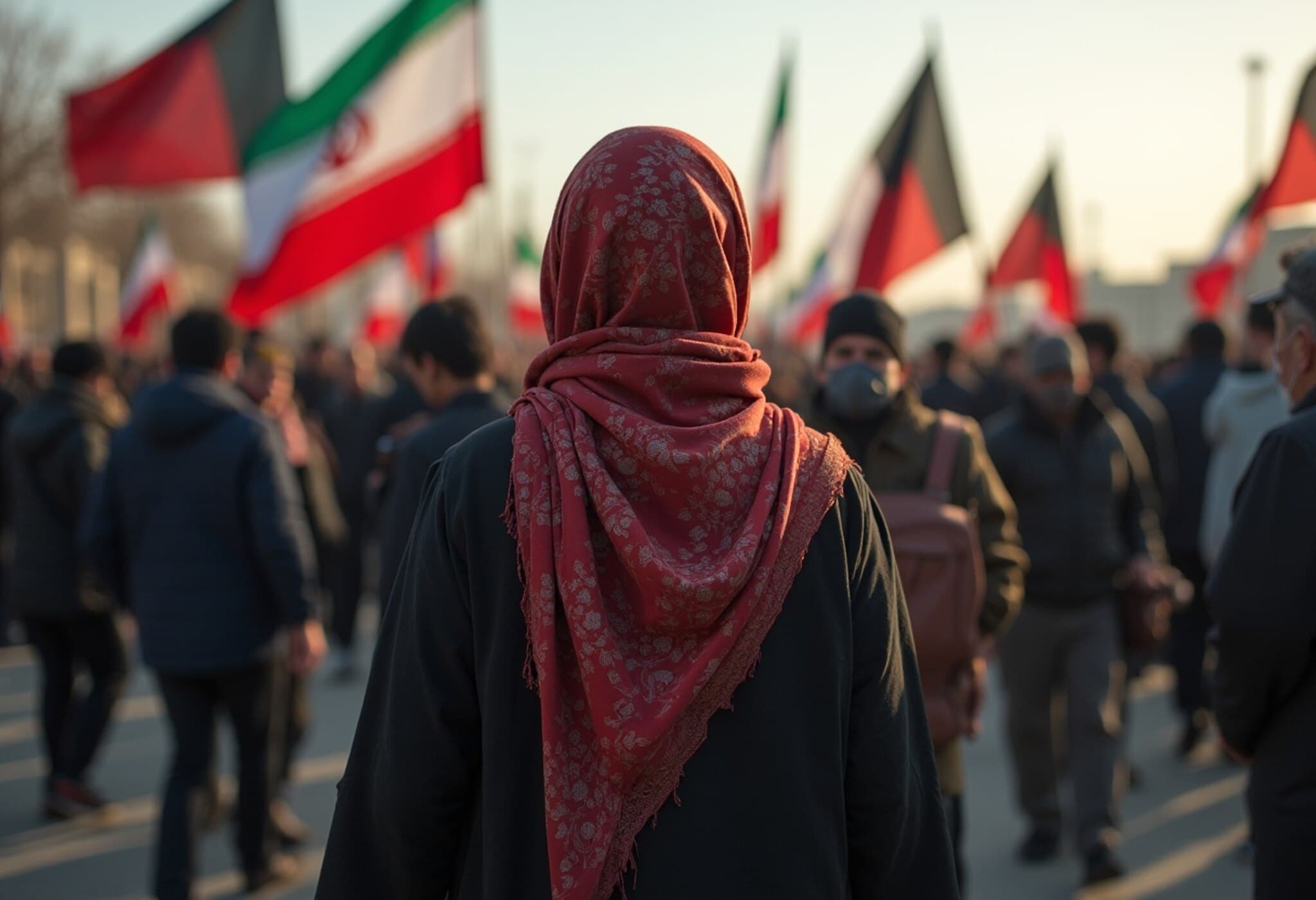Russia Abruptly Cancels Its Iconic Navy Day Parade Citing Security Risks
In a surprising move that has captured global attention, the Kremlin announced the cancellation of Russia's much-anticipated annual Navy Day parade, which was scheduled to take place this Sunday in the historic city of St. Petersburg. Traditionally, this grand spectacle serves as a vibrant showcase of Russia's naval might and an emblem of its geopolitical aspirations. However, this year’s cancellation underscores mounting tensions and the evolving security dynamics brought on by the ongoing conflict in Ukraine.
Official Reasons Behind the Cancellation
Spokesperson Dmitri Peskov attributed the cancellation to “security reasons” linked to the broader geopolitical and military situation, without delving into specific threats. This cautious language reflects anxieties amid heightened Ukrainian military operations targeting Russian naval facilities and assets, especially since the Russian invasion in 2022.
The Kremlin’s decision marks an unprecedented pause in an event that has traditionally been a source of national pride and a platform for Russia to flex its maritime capabilities on both domestic and international stages.
What the Navy Day Parade Represents
First established during the Soviet era and revived by President Vladimir Putin in the early 2000s, the Navy Day parade held every last Sunday of July is a ceremonious event celebrating Russia's naval heritage. It often features:
- A dazzling assembly of warships, submarines, aircraft, and thousands of uniformed personnel
- Military flyovers and maritime salutes
- Participation of high-ranking military leaders, government officials, and sometimes foreign dignitaries
Beyond its festive atmosphere, the parade functions as a powerful message demonstrating Russia's maritime strength and strategic reach, especially important given Russia’s ambitions in contested regions such as the Black Sea and Arctic.
Broader Context: The Russia-Ukraine Conflict Impact
The Russia-Ukraine war, ignited by the 2014 annexation of Crimea and escalating dramatically with the 2022 full-scale invasion, has profoundly shaken regional security. Ukraine’s increasingly effective counter-strikes against Russian naval assets have exposed vulnerabilities that may have influenced Moscow's security calculations.
Analysts suggest that canceling such a high-profile event could be a reflection of these vulnerabilities, potentially signaling Moscow’s concerns about possible Ukrainian or other adversarial strikes during a major public gathering.
What This Means for Russia’s Naval Posture
Experts interpret this cancellation as a rare crack in the carefully orchestrated image of Russian military invincibility. Historically, President Putin has leveraged military parades as platforms for political messaging and national pride. The absence of the Navy Day parade may inadvertently highlight the shifting balance of power and Russia’s challenges in maintaining control over critical maritime domains.
Moreover, in the broader Western context, the cancellation may embolden NATO and other observers to reconsider the scope and tempo of Russian naval operations. It also raises questions about the Kremlin’s internal assessment of the war’s progress and its broader strategic posture.
Underreported Narratives and Critical Questions
- Could this cancellation indicate a shift towards more covert or unconventional naval tactics by Russia, away from overt displays?
- How does this event affect the morale of Russia’s naval forces and domestic public opinion?
- What does this mean for regional security in the Black Sea, a hotspot of geopolitical competition?
Editor’s Note
The unexpected cancellation of Russia's Navy Day parade serves as a telling barometer of the current state of Moscow's military confidence amid ongoing conflict. As the war drags on, such decisions not only shape domestic narratives but also have profound implications for international perceptions and strategic calculations. Observers should watch closely how Russia manages its naval assets moving forward and what this spell for future military ceremonies and messaging from the Kremlin.

